12 Food Tips to Ensure Your Dog Has a Long and Healthy Life
Proper nutrition is one of the most important factors in your dog’s overall health and longevity. A well-balanced diet tailored to your dog’s specific needs can prevent illness, maintain a healthy weight, and keep them active and happy for years to come.
Here are 12 essential nutrition tips to help your dog live a long, healthy life.
1. Choose High-Quality Dog Food
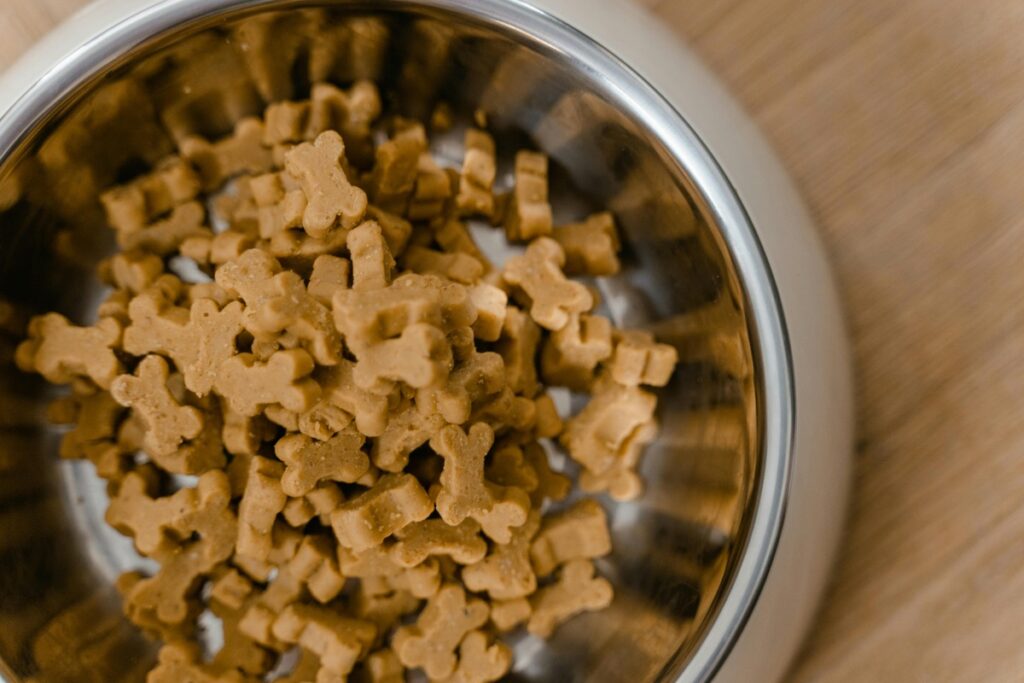
Opt for premium dog food with real meat, poultry, or fish as the first ingredient. Avoid foods with fillers, artificial additives, or by-products, as these provide little nutritional value. Look for options specifically formulated for your dog’s breed, size, and age.
2. Maintain Portion Control

Overfeeding can lead to obesity, increasing the risk of health issues like diabetes, joint problems, and heart disease. Follow the feeding guidelines on your dog food packaging or consult your vet for personalized recommendations. Adjust portions based on your dog’s activity level and weight.
3. Provide Fresh, Clean Water
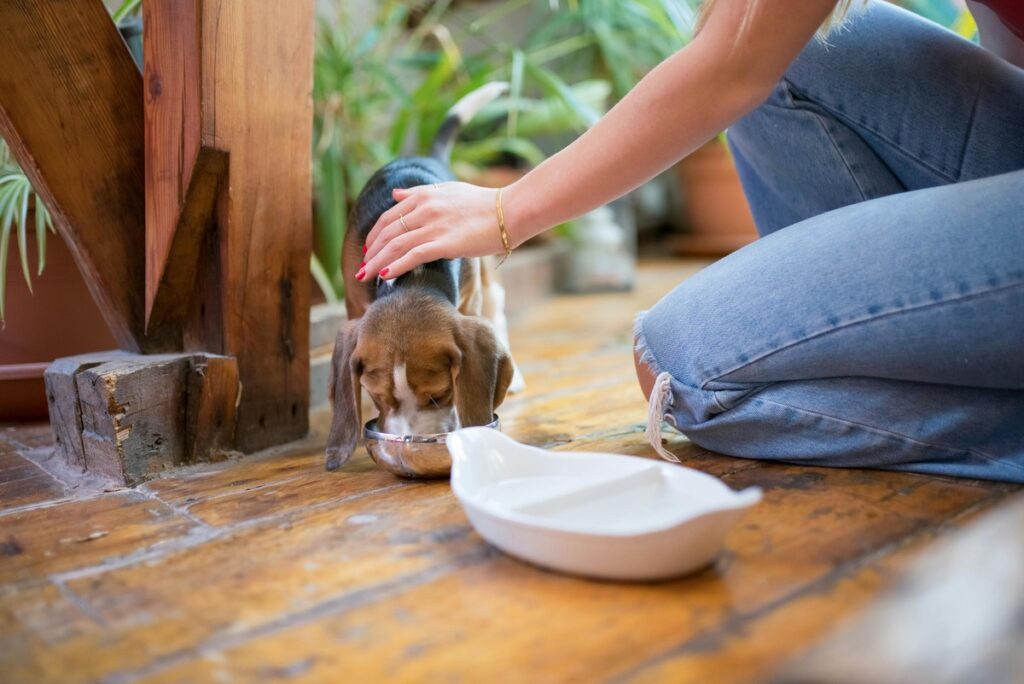
Hydration is just as important as food. Ensure your dog always has access to fresh, clean water, especially after exercise or in warm weather. Proper hydration supports digestion, joint health, and temperature regulation.
4. Incorporate Life-Stage Appropriate Nutrition
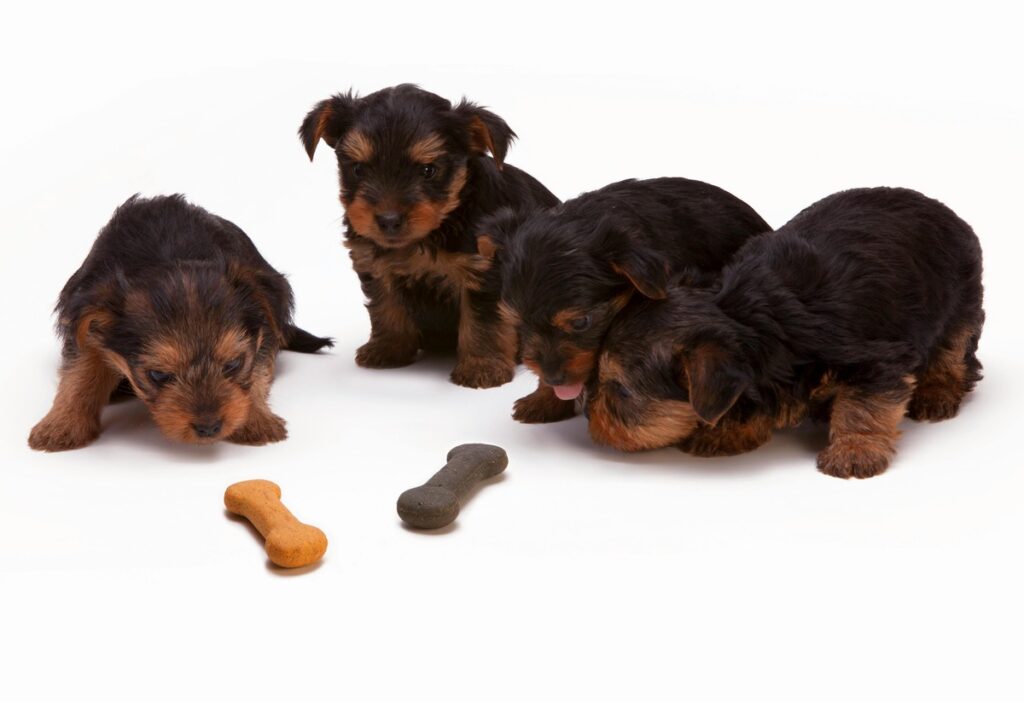
Puppies, adult dogs, and senior dogs have different nutritional needs. Puppies require more protein and calories for growth, while senior dogs benefit from diets lower in calories but rich in joint-supporting nutrients like glucosamine. Choose food designed for your dog’s age and life stage.
5. Avoid Harmful Human Foods
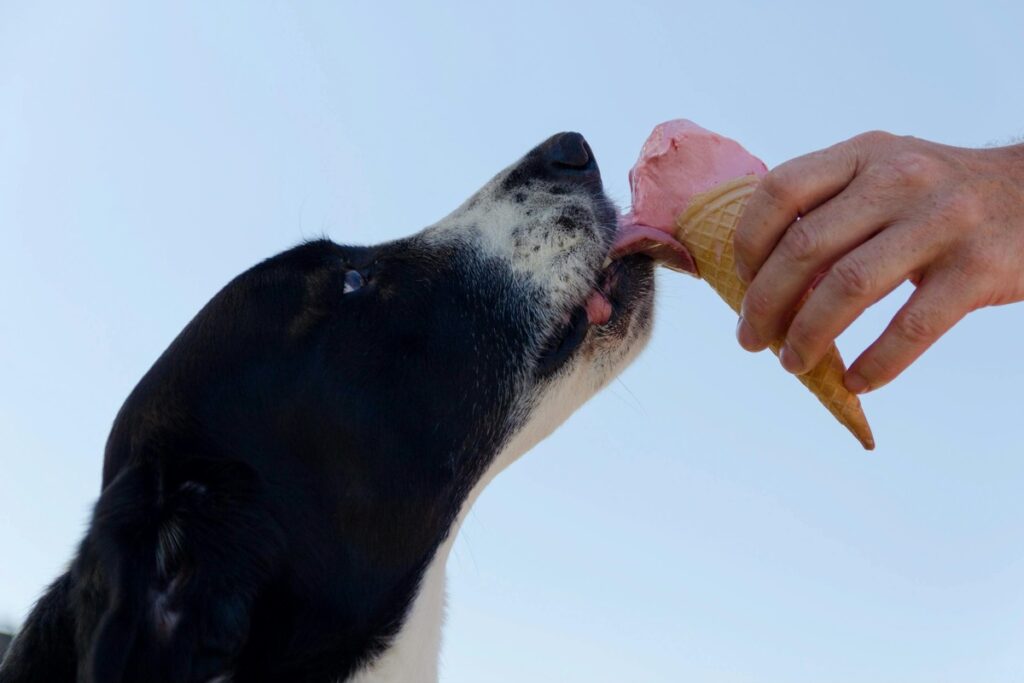
Many human foods are toxic to dogs, including chocolate, grapes, onions, and garlic. Even non-toxic foods can upset their digestive system if given in excess. Stick to dog-safe snacks and avoid feeding your dog table scraps.
6. Include Healthy Fats
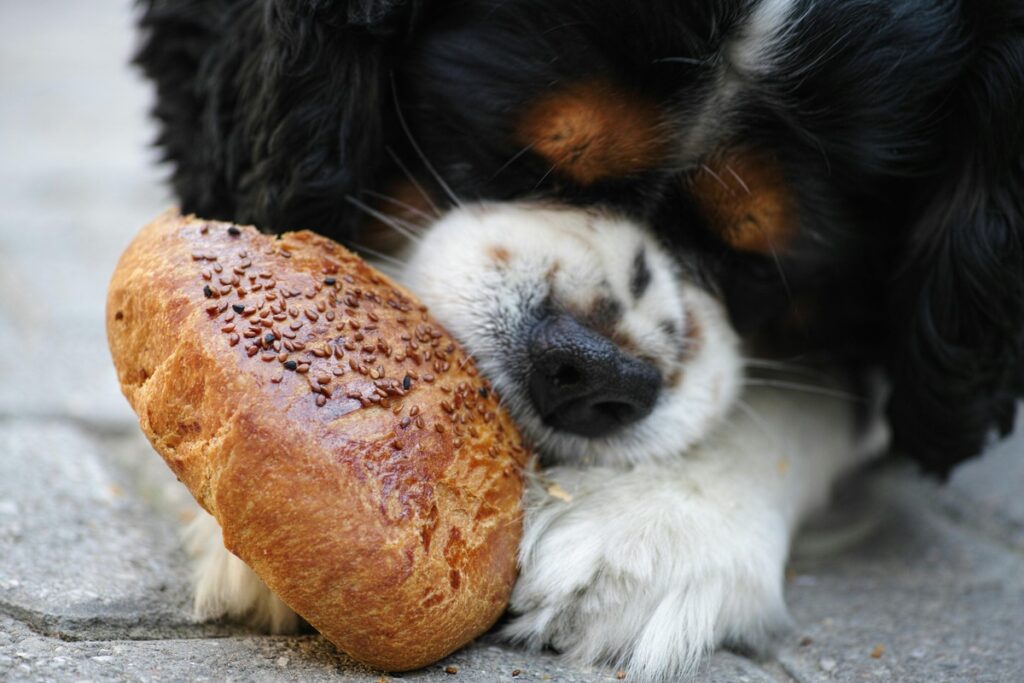
Healthy fats, like omega-3 and omega-6 fatty acids, are essential for your dog’s coat, skin, and overall health. These can be found in high-quality dog food or added through supplements like fish oil, but always consult your vet before introducing new supplements.
7. Monitor Treats and Snacks

Treats should be given in moderation and account for no more than 10% of your dog’s daily caloric intake. Use treats for training and positive reinforcement, but avoid overindulging to prevent weight gain. Choose healthy, low-calorie treat options whenever possible.
8. Provide a Balanced Diet
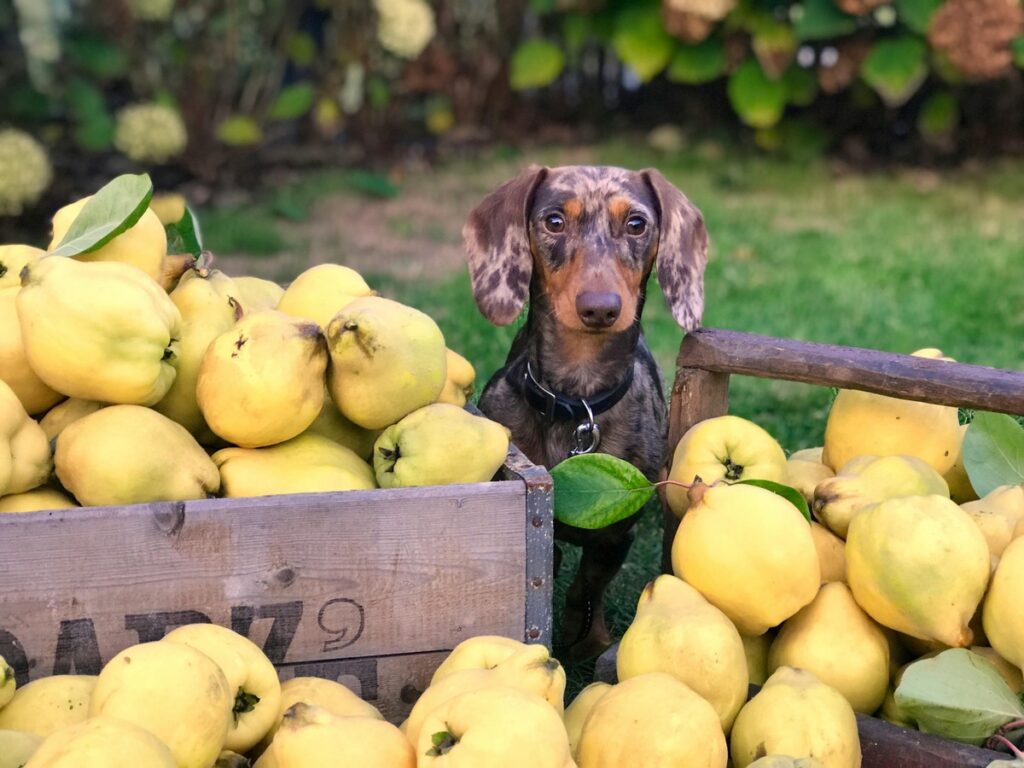
Dogs need a mix of protein, fats, carbohydrates, vitamins, and minerals to stay healthy. Ensure their food is labeled as “complete and balanced,” meeting the nutritional standards set by organizations like AAFCO.
9. Introduce Fresh Foods in Moderation
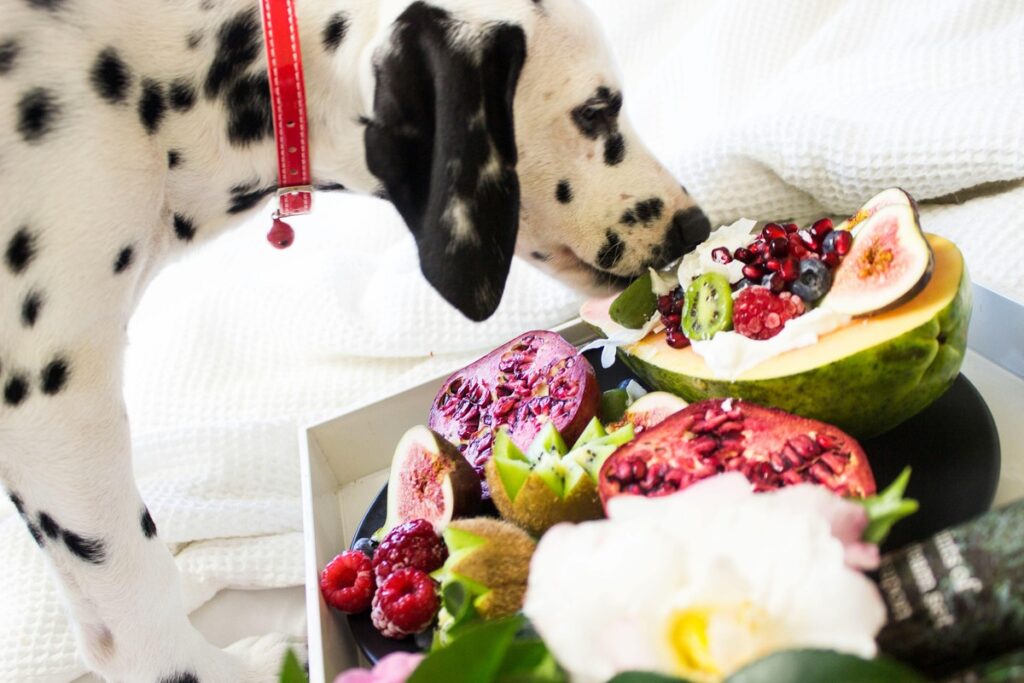
Adding fresh, dog-safe foods like cooked vegetables or lean meats can enhance your dog’s diet. Carrots, green beans, and sweet potatoes are excellent choices. Introduce new foods gradually to avoid upsetting their stomach.
10. Regular Vet Check-Ups
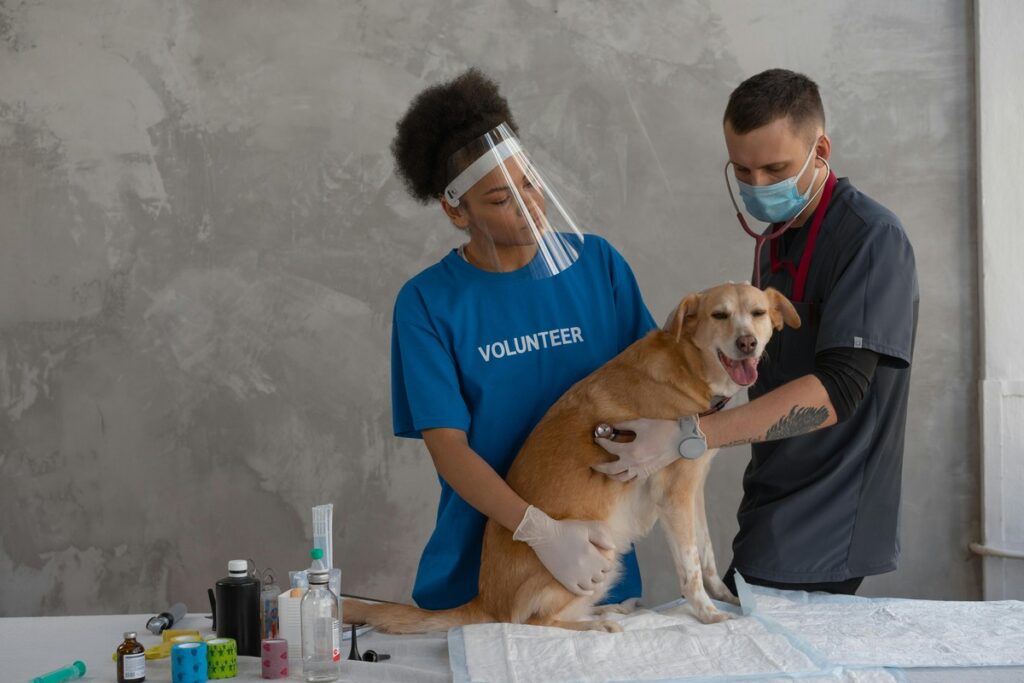
Your veterinarian is your best resource for ensuring your dog’s dietary needs are met. Regular check-ups allow you to discuss their nutrition, monitor their weight, and make adjustments as needed. Vets can also recommend specific diets or supplements for health concerns.
11. Rotate Protein Sources
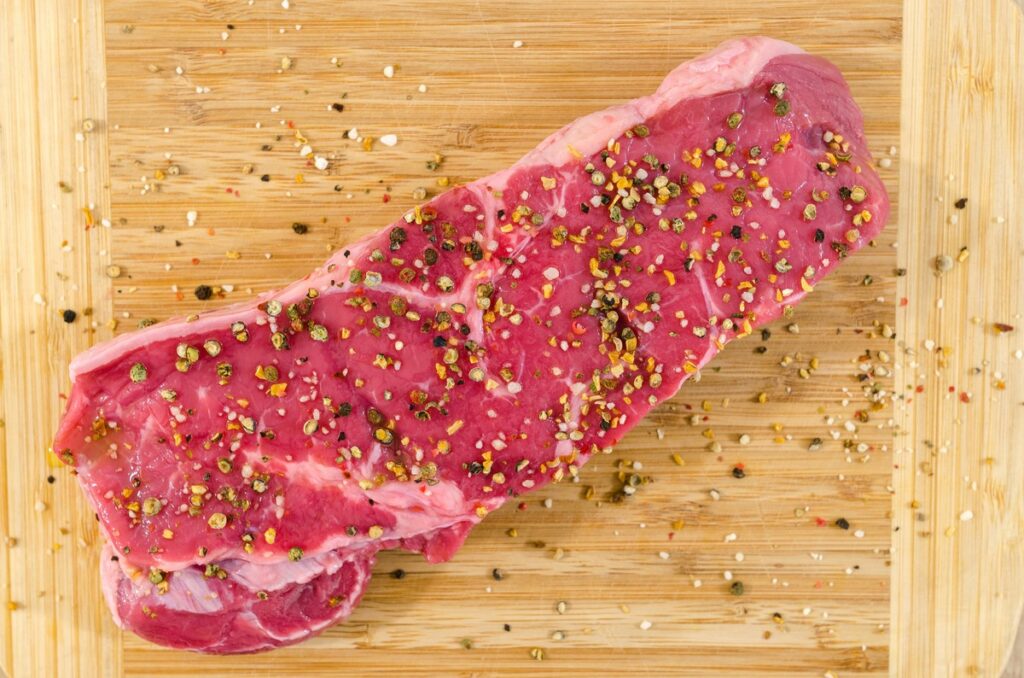
Feeding your dog different protein sources, such as chicken, beef, fish, or lamb, can help provide a broader range of essential amino acids and nutrients. Rotation also prevents food boredom and reduces the chances of developing food sensitivities. If switching proteins, do so gradually over a few days to avoid digestive issues.
12. Pay Attention to Food Allergies and Sensitivities

Some dogs develop food allergies or intolerances that can cause itching, digestive upset, or chronic ear infections. Common allergens include beef, dairy, chicken, and grains. If you suspect your dog has a food sensitivity, consult your vet to identify the culprit and find an appropriate diet that eliminates triggers.
A nutritious, well-balanced diet is the foundation of a long and healthy life for your dog. By choosing high-quality food, maintaining portion control, and staying vigilant about their hydration and nutritional needs, you can help your furry friend thrive. Regular vet visits and personalized care will ensure your dog enjoys a happy, active, and fulfilling life by your side.







